Learn about and explore these unique details and discoveries.

Sustenance
“For he satisfies the thirsty, and the hungry he fills with good things!” Psalms 107:9
The main drink was water, which they took from the village well before the day warmed, with a bucket made of goat leather or in jars. The flour was the basic food item: some seeds were placed on a hot metal sheet, most of it was crushed in a hand mill and flatbreads were formed that were cooked in clay ovens. The bread grew in size when adding part of the dough with yeast, prepared the previous day.

“ I coveted no one’s silver or gold or clothing.” Acts 20:33
Long, baggy mantles were used in order to keep cool, but the type of cloth was determined by each person's wealth and social status. Peasant wore an apron or a tunic, and a cloak. The men's tunic was white and reached the knee, the women's was similar, but more ornate and colorful. The outer mantle was long and woolen, with brown fringes. The poor people loosened their belts and wrapped themselves in their cloaks.
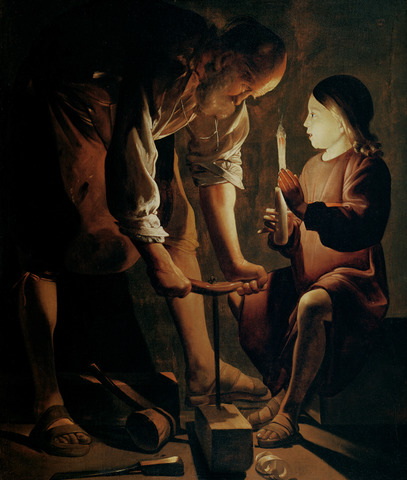
Occupations
“Do not work for the food that perishes, but for the food that endures for eternal life, which the Son of Man will give you. For it is on him that God the Father has set his seal.” John 6:27
The Israelites lived mainly as an agricultural community, which is why their work was basically related to agriculture, or to some kind of common domestic craftsman manual labor. There were four basic types of work in Jesus' time that were carried out by simple people: agriculture which was considered the most important occupation, fishing, grazing, crafts that were mostly consisting of masonry and carpentry.
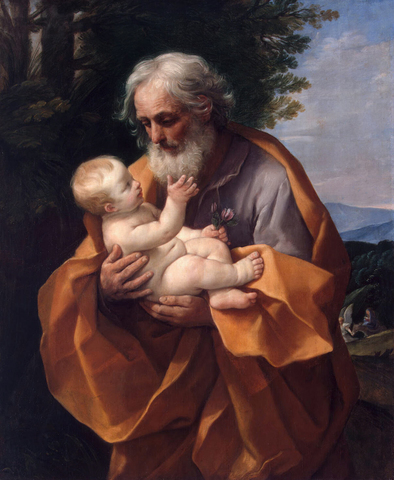
Social Life
“He who finds a wife finds a good thing, and obtains favor from the Lord.” Proverbs 18:22
There were three dates, apart from the religious ones, that stood out in the memory of any family: The day of the birth: a person was happy in proportion to the number of children that they had, especially if these were males. The wedding day: They were arranged by the parents since it was the duty of all to marry. The future in-laws had to pay a price or dowry for her. The day of death, when the family began a very complicated mourning ceremonial in which professional whiners were paid.
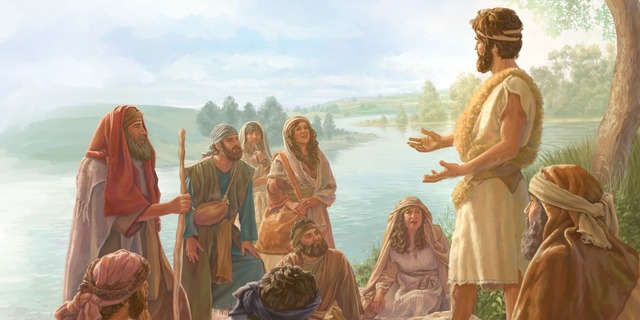
Family
“But because of cases of immorality, each man should have his own wife and each woman her own husband.” 1 Corinthians 7:2
It was a patriarchal society. The Hebrew family was large in number. Polygamy, although lawful in cases where the wife was sterile, was only available to the rich. The family was called the father's house, which was where he ruled as absolute lord and was the owner and responsible for family assets. The sons were his heirs, while the daughters increased the family patrimony with the dowry or price that the suitors paid to the father when buying them.
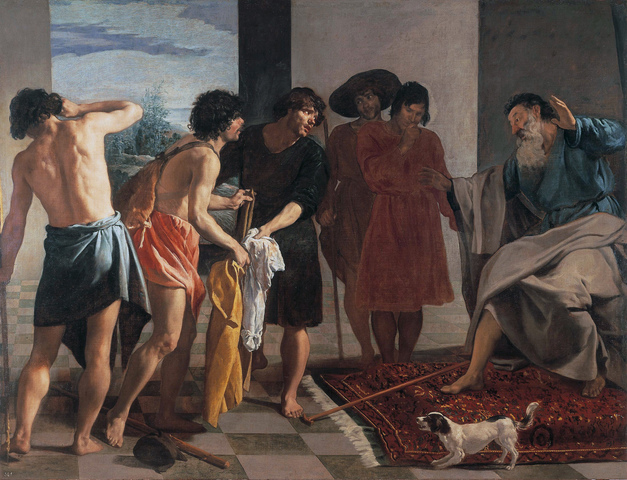
Education
“As for you, the anointing that you received from him abides in you, and so you do not need anyone to teach you. But as his anointing teaches you about all things, and is true and is not a lie, and just as it has taught you, abide in him.” 1 John 2:27
In the Old Testament times there were no schools for the children of ordinary people. The parents had to teach them current occupations, and also explain the Law and religious festivals. In Jesus' times the girls' education was entirely in the hands of their mother, but every male attended the synagogue school from age six.
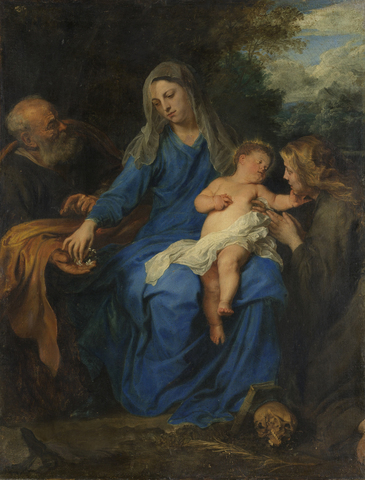
The Woman
Then the Lord God said, 'It is not good that the man should be alone; I will make him a helper as his partner.' ” Genesis 2:18
In the back of the Temple there was a courtyard reserved only for women, where there was no contact with men. The services at the synagogue were celebrated only with men, and women were never invited. The women were exempt from pilgrimage to Jerusalem during the great feasts of the year, to which the males were obligated to attend; those who lived far from Jerusalem had to go to the Temple at least once a year.